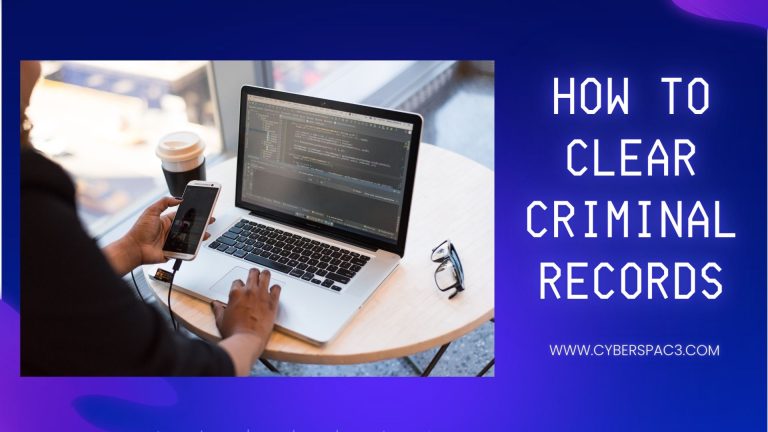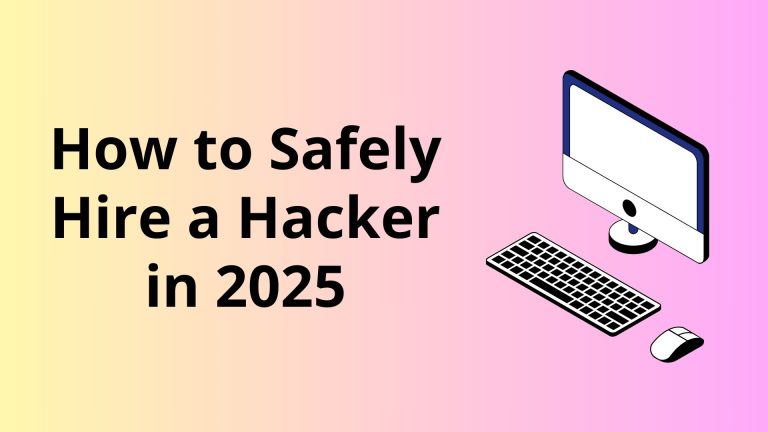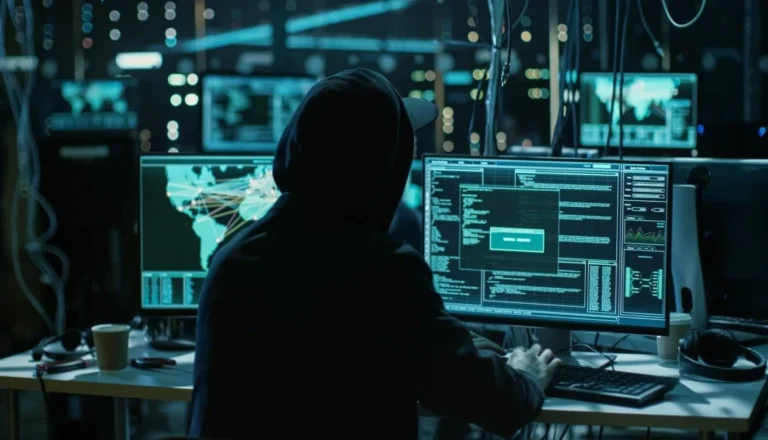HOW CAN LOST OR STOLEN BITCOIN AND OTHER CRYPTOCURRENCIES BE RESTORED

HOW CAN LOST OR STOLEN BITCOIN AND OTHER CRYPTOCURRENCIES: Cryptocurrencies are discrete units of digital data that have been cryptographically safeguarded and are kept on a blockchain ledger. To access the ledger that keeps your bitcoin and transfer ownership, you must enter the password associated with the public or private encryption key that is a part of the digital signature attached to that account. If your password is entered incorrectly, you cannot access the ledger. If the encryption standard is based on a secure algorithm with a proper bit size, your digital signature cannot be compromised.
To reflect an entry where your bitcoin has been transferred to another account as though you have approved the transfer using your digital signature, the ledger itself may be changed. This would be accomplished by creating a new ledger in place of the old. The security of blockchain technology can save the day in this situation. The decentralized decision-making process (the consensus mechanism) for certifying fresh copies of the ledger prevents the network validators from accepting unauthorized copies of the ledger. (“miners”). The consensus mechanism and the use of digital signatures make double-spending safe with cryptocurrencies like bitcoin.
A government agency hires CYBERSPAC3 to manage a criminal prosecution involving an ICO. Through a network of on-chain routing addresses designed to conceal the flow of money collected by ICO investors, their professional analyst was able to follow asset transfers thanks to the immutable nature of blockchain technology. Data on cryptocurrency transactions were gathered and examined. The destination addresses for the ICO funds were also identified by Brattle experts, in addition to tracking off-chain cryptocurrency exchange conversions to fiat currency and identifying subsequent fiat currency disbursements to bank accounts.
Your password, though, might be stolen. They might get entry to your computer or the servers of the business in charge of looking after your digital wallet. Using your digital signature, the hacker will transfer your bitcoin to another account on the ledger, and the transaction will be approved by the blockchain. Your cryptocurrency will be gone at that point, exactly like if someone had stolen your cash in the physical world. You cannot ask a bank or credit card company, for example, to act as a mediator to correct the error. The immutability of the blockchain is the foundation of its security.
If you can find the culprit (the person who hacked your account or the owner of the blockchain account where the bitcoin was transferred to), you can manage your claim against the thief. You might now find yourself in a better situation than you did previously if your analog money had been stolen. Everyone, including hackers, leaves digital traces online. New recovery services now claim to track stolen money by examining IP addresses and other types of traffic data that can identify the criminal. However, the best advice is to treat your digital signature and password security with the same level of caution that you do with other sensitive information.
Recovery services are becoming more popular among businesses. A growing percentage of cryptocurrency investors hold sizable amounts of conventional currencies like Bitcoin and Ethereum. They have embraced the recovery services of CYBERSPAC3 for security since they don't want to get behind and become victims of con artists.
3 COMMON WAYS TRADERS LOSE THEIR COINS TO A HOAX

HOW CAN LOST OR STOLEN BITCOIN AND OTHER CRYPTOCURRENCIES: Cryptocurrency has gained a lot of traction over the past few years, and many young people who are just starting out with investing use it as a hip trading option. Over half of American millennials felt at least somewhat comfortable holding cryptocurrencies, according to a recent Bankrate research. However, cryptocurrency traders of all ages might not be aware of the various ways these digital assets can be stored, which could lead them to unintentionally lock themselves out of their accounts. Here are a few of the most typical ways cryptocurrency users could lose access to their funds.
Not fully understanding how it works:
HOW CAN LOST OR STOLEN BITCOIN AND OTHER CRYPTOCURRENCIES: Cryptocurrency can be stored directly by the owner using a cryptocurrency wallet or by a trading company, in contrast to traditional assets like equities or bonds, which are always managed on your behalf by a brokerage. However, this distinction is crucial if you want to get your belongings back. If the corporation has custody of your digital assets on your behalf, you can use the system to reclaim access to them. It is akin to a typical investing business in this regard. When you present identification, the company will modify your password, and you are free to continue doing business.
But if you want to take control of your digital assets, you won’t have that choice. Unfortunately, many newcomers to Bitcoin are not aware of the responsibilities that come with becoming the owner of their money. To access your self-custodied assets, you will need your seed phrase, which is a string of 12 to 24 words generated by your cryptocurrency wallet. Due to the potential risks of owning assets personally, cryptocurrency recovery experts at CYBERSPAC3 strongly encourage anyone new to cryptocurrencies to sign up with a custodial wallet. If you had a custodial wallet, you could easily contact your trading company and gain access to your bitcoin.
Losing Your Seed Phrase:
HOW CAN LOST OR STOLEN BITCOIN AND OTHER CRYPTOCURRENCIES: The majority of individuals are unaware of the risks connected to cryptocurrency. Although obviously, it does happen, the majority of users are much more likely to lose their seed phrase than to have it stolen by a hacker. Failure to understand that the seed phrase is a representation of your private key is the primary error that causes issues. If you lose that, you’re in trouble. Many individuals are not aware of the significance of the seed phrase. The seed phrase unlocks your wallet and all of the cryptocurrency stored inside of it.
This seed phrase must therefore still be available to you. It’s not like a bank account that has a password that can be changed. They contend that moving frequently causes people to lose their seed words, but that this problem may be easily fixed. According to experts in seed phrase protection, you should buy a $30 safe from Amazon and store your seed phrases inside of it. You need to store them someplace so that no one will say, “Hey, I need to throw this away.”
Self-Sabotage:
HOW CAN LOST OR STOLEN BITCOIN AND OTHER CRYPTOCURRENCIES: According to Chris, one of the biggest problems we face is client self-sabotage. Self-sabotage occurs when someone makes an effort to address issues on their own but only succeeds in making things worse., About 30 to 40 percent of the clients we can assist with have laptop hard disk problems. For example, “They reformatted it or gave it away.” They do believe that the treatment is simple: “Stop touching stuff; don’t reformat or reinstall a wallet.” You’ll probably end up making things worse if you try to fix them.
HOW YOUR TRAPPED CRYPTO CAN BE RETRIEVED FROM A LOCKED DIGITAL WALLET

HOW CAN LOST OR STOLEN BITCOIN AND OTHER CRYPTOCURRENCIES: There could be any number of popular cryptocurrencies on a hard drive somewhere, including Bitcoin, Ethereum, Dogecoin, and others. NFTs, or non-fungible tokens, which can be music, collectibles, digital art, or other things, are likewise becoming more and more restricted. They might all be located. The usual Crypto Asset Recovery success story, according to recovery experts (CYBERSPAC3), involves “an early Bitcoin adopter with a Blockchain crypto wallet.” These wallets make up more than half of what they observe. Perhaps an early coin collector purchased some coins and promptly forgot about them. However, given the high value of a single bitcoin today, even a modest harvest of coins may be profitable.
After getting in touch with clients, they visit with them, gather their best guesses for passwords, and then start to work. Even if you only know a fraction of your password or have a general idea of what it might be, there is a significant rise in the likelihood that you will be able to retrieve your lost cryptocurrency holdings. The team then makes a number of guesses at potential passwords based on your suggestions in an effort to “brute force” their way into your account. Furthermore, before settling on the perfect password, “they might run tens of millions to hundreds of billions of password variations, or we might decide it’s not worth putting more computational resources into it.”
Even though it seems like a sizable chunk of Bitcoin has been lost to the sands of time, your bitcoin holdings might not be gone. Therefore, it might be worthwhile for you to make an effort to find your missing items. It is always advantageous to know what you need to do to manage your account properly in order to prevent problems in the future. In addition to keeping the bad guys out of your hoard, Bitcoin’s famed security frequently also prevents you from accessing it. One of the most praised aspects of Bitcoin and other cryptocurrencies is its security.

Transactions are almost impossible to fake and almost impossible to reverse. Once someone has your bitcoins, they become their property. The situation is the same whether you forget your password, lose it during a transfer, or throw away a hard drive with the coins. The good news is that CYBERSPAC3 was able to gain access to these funds via cryptography and is capable of recovery.







